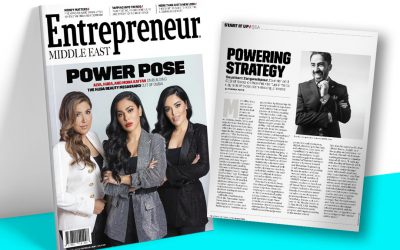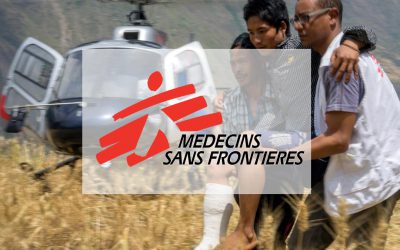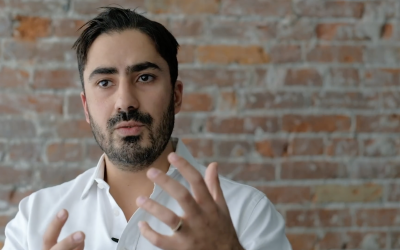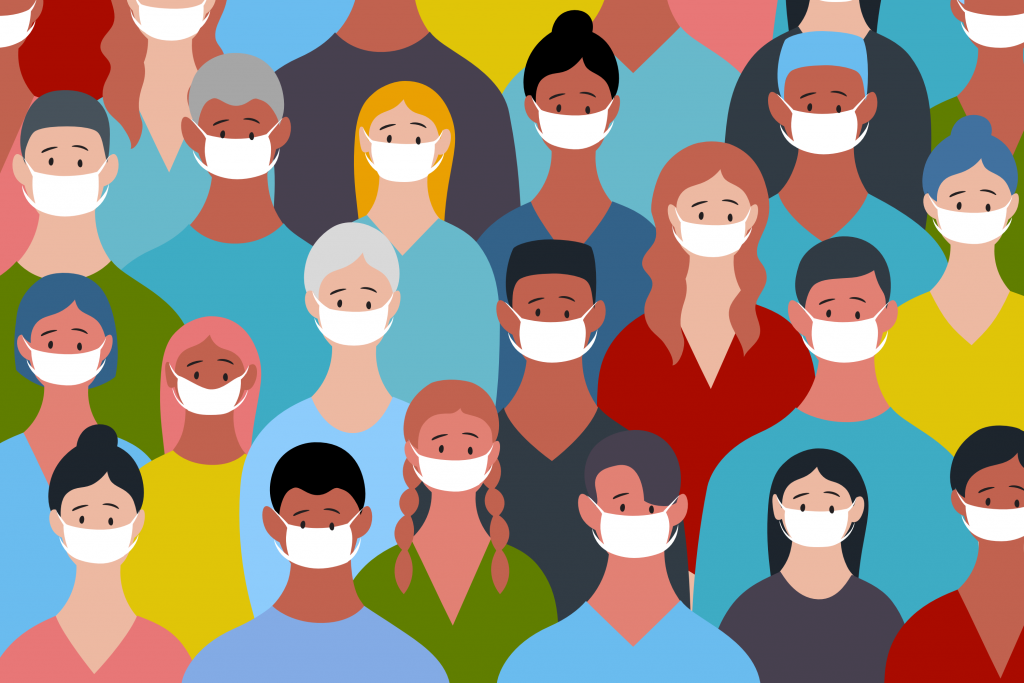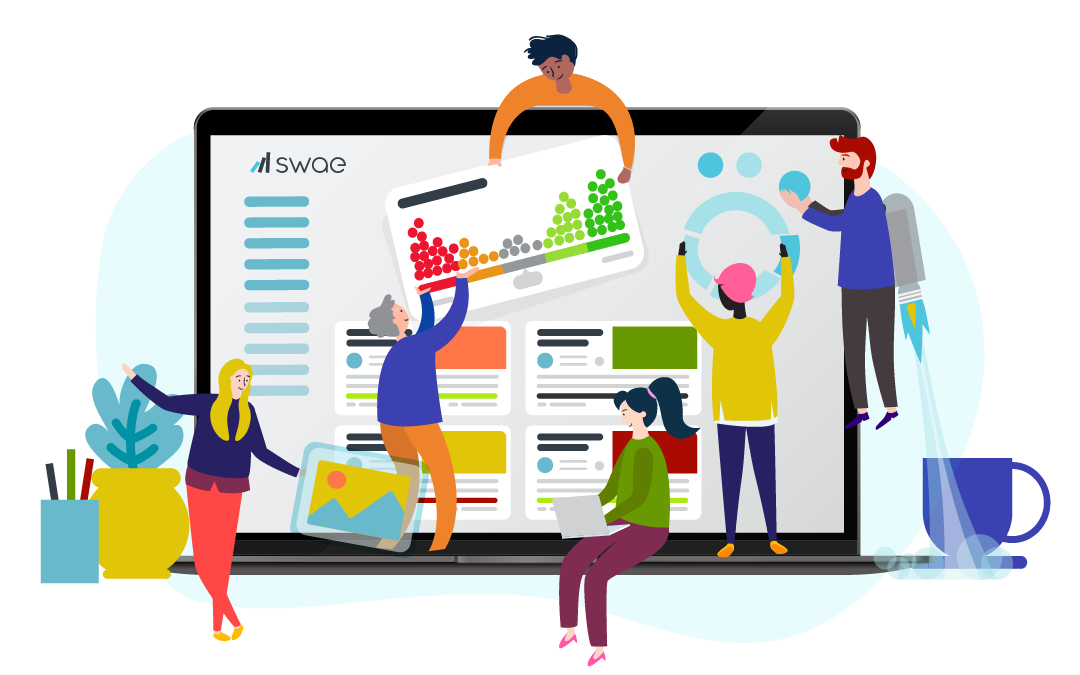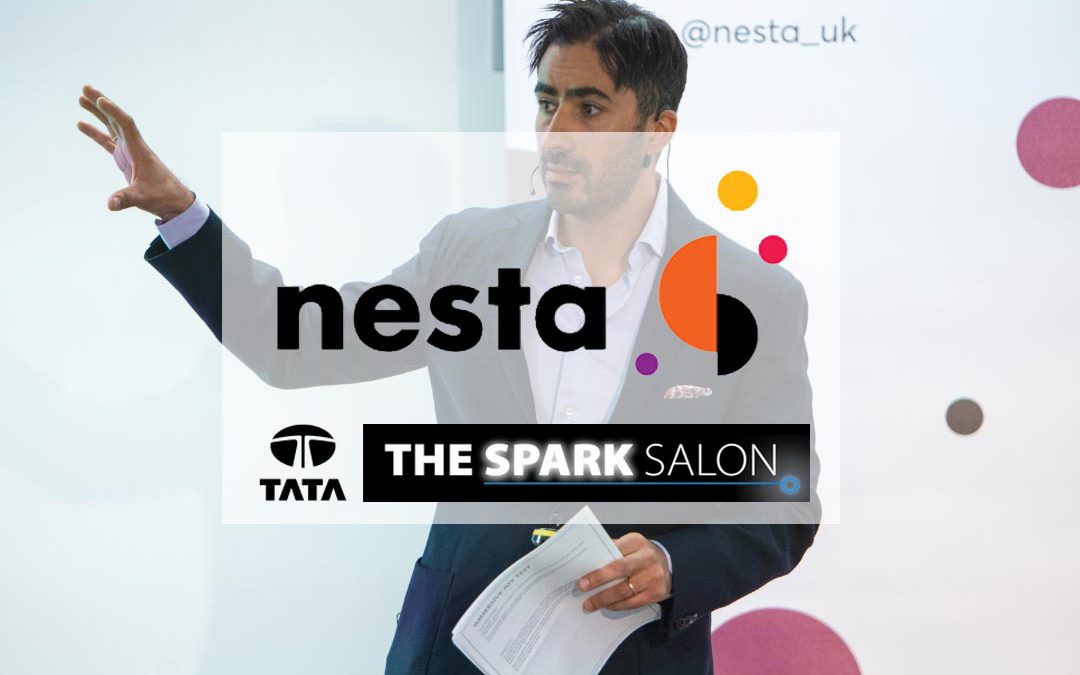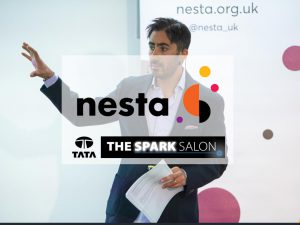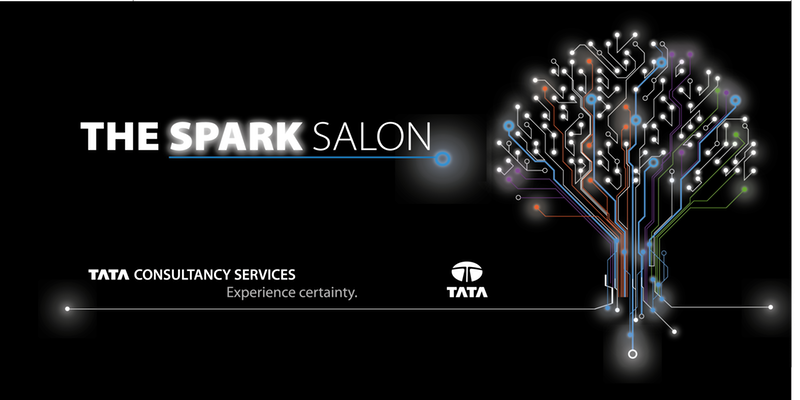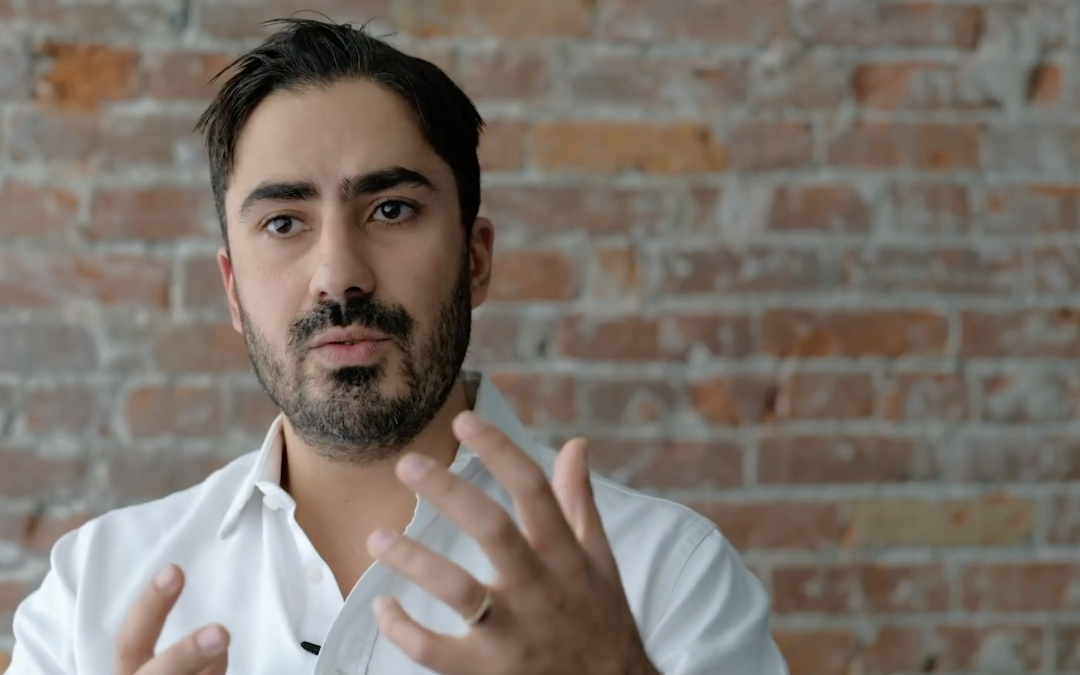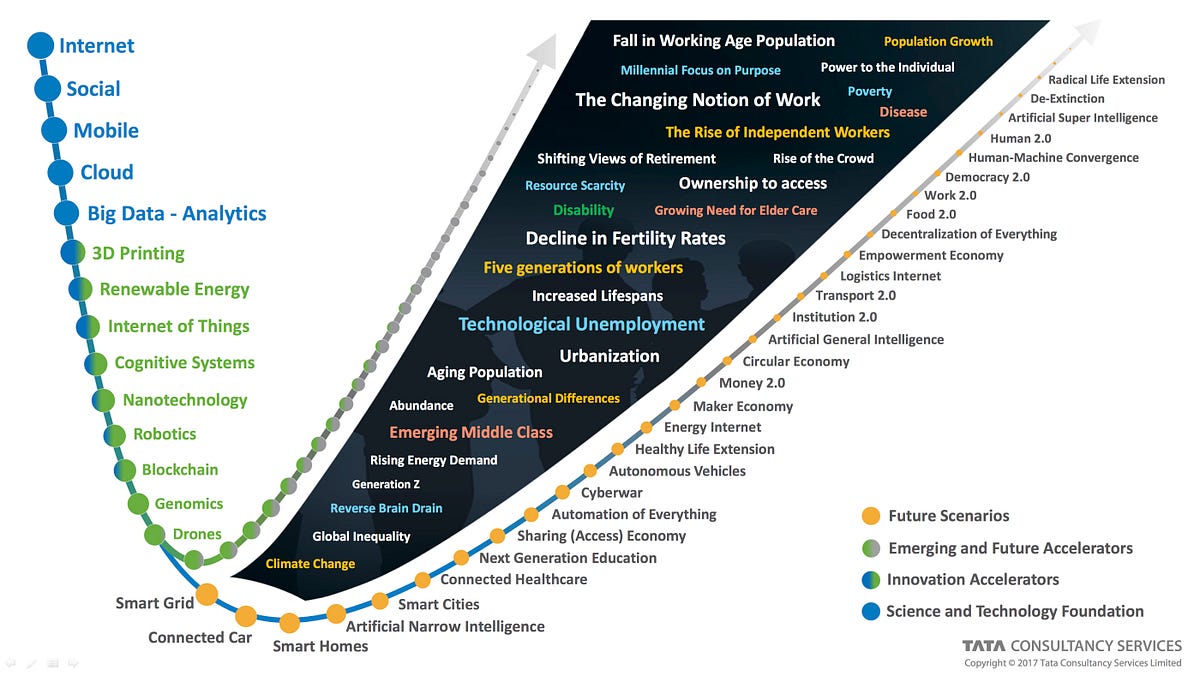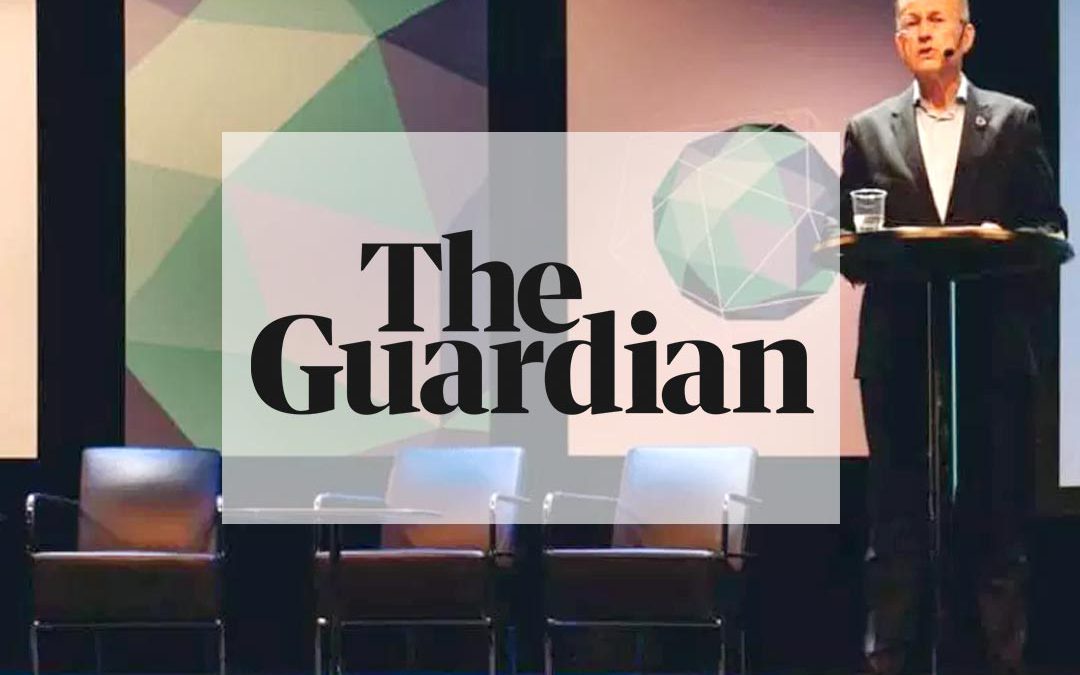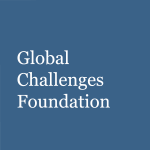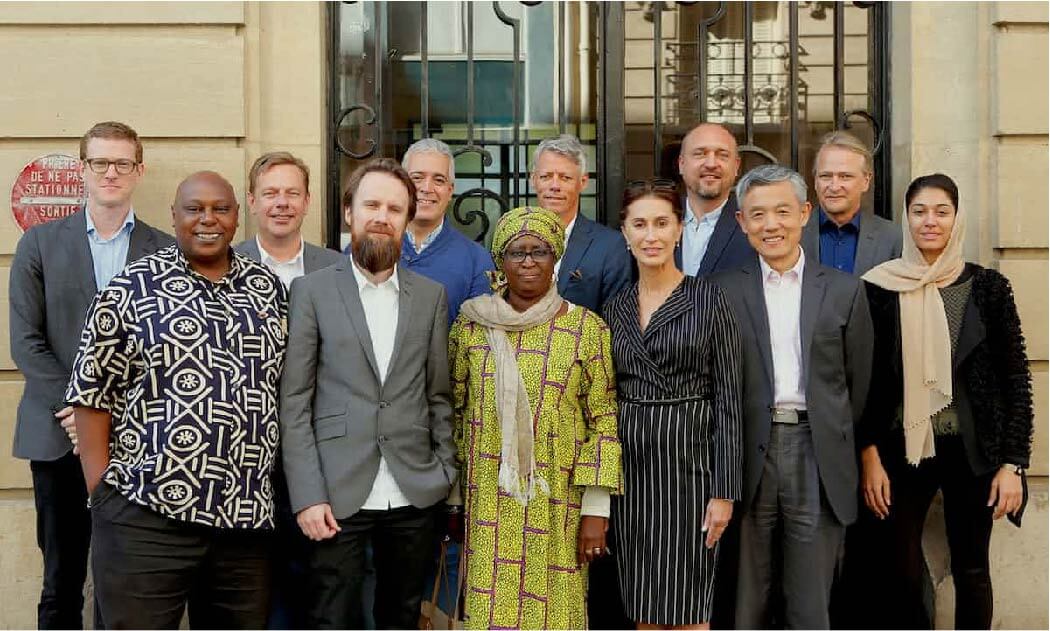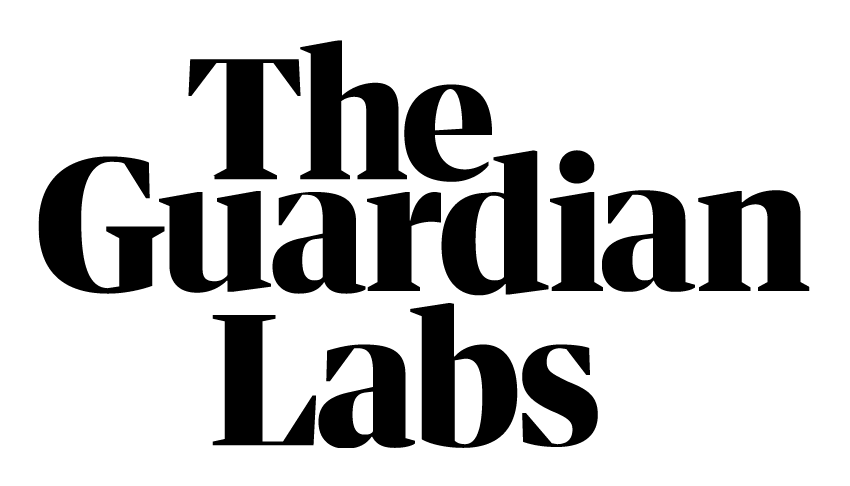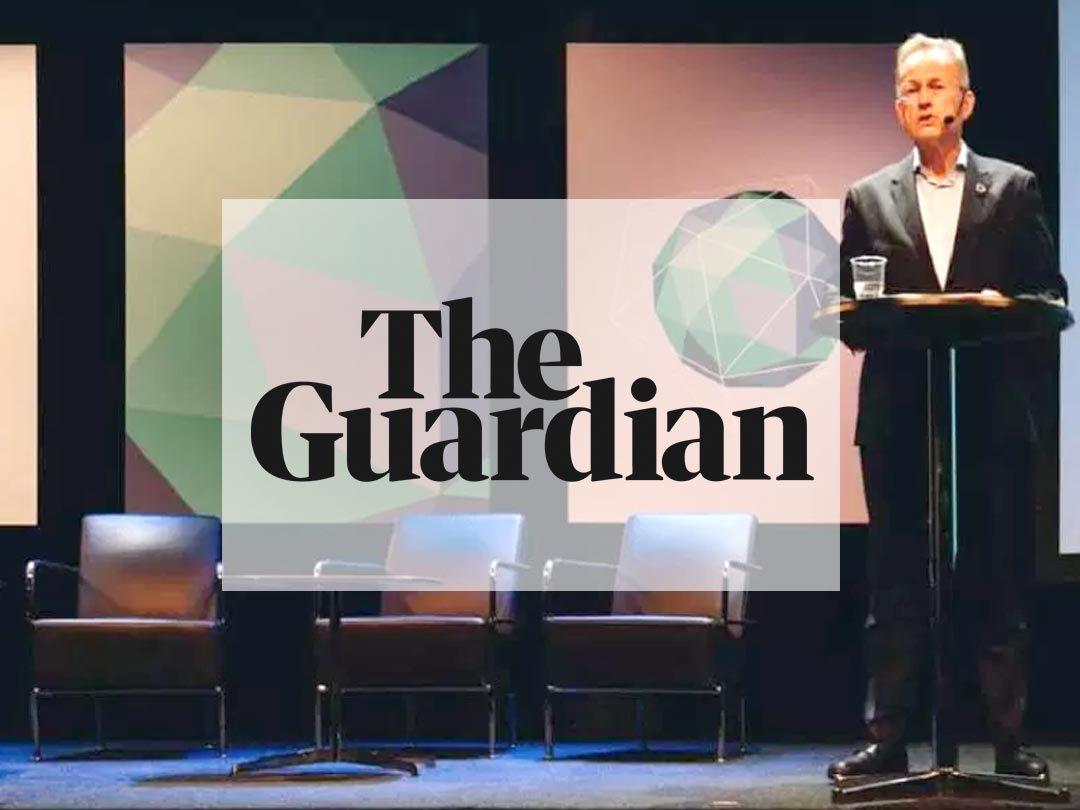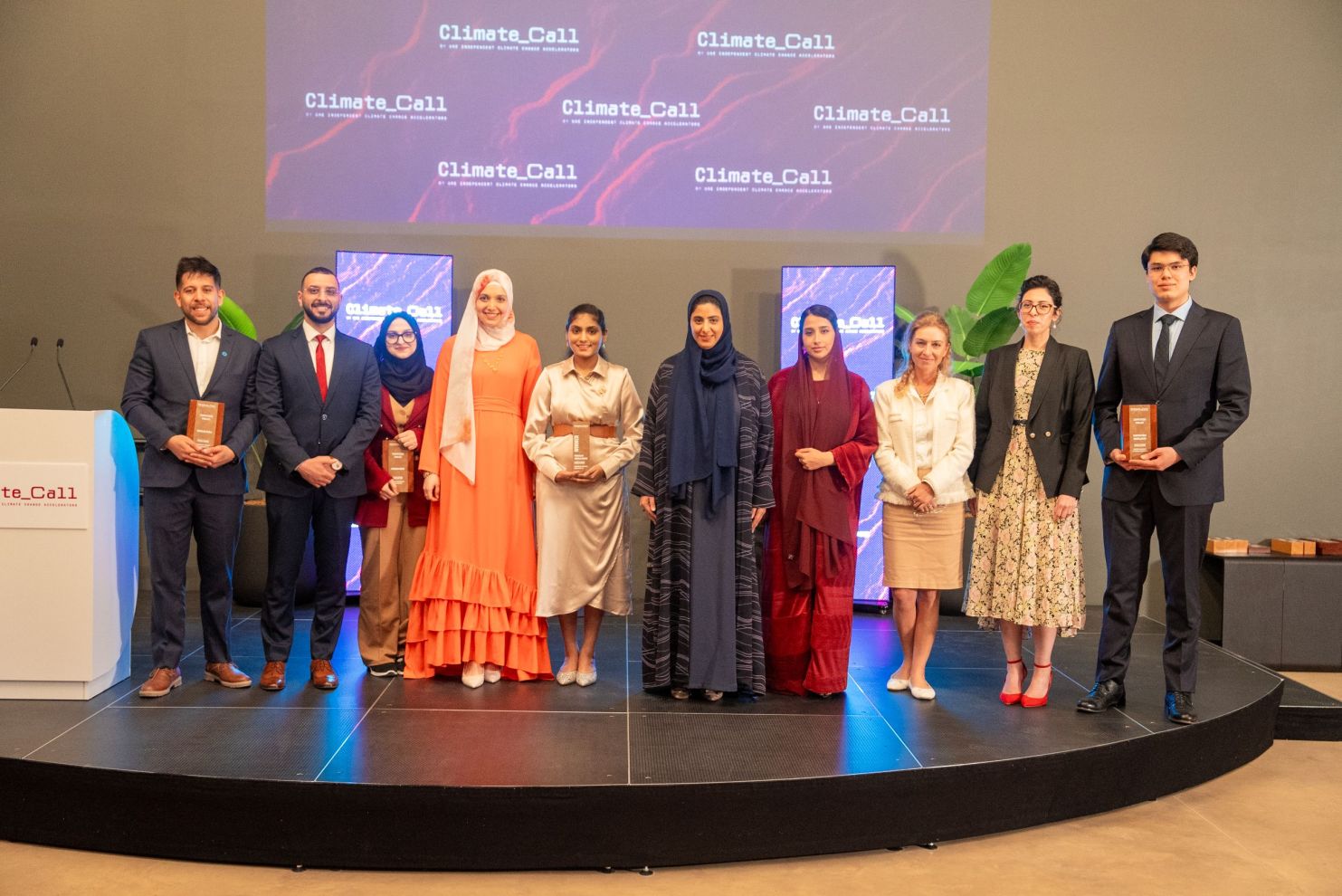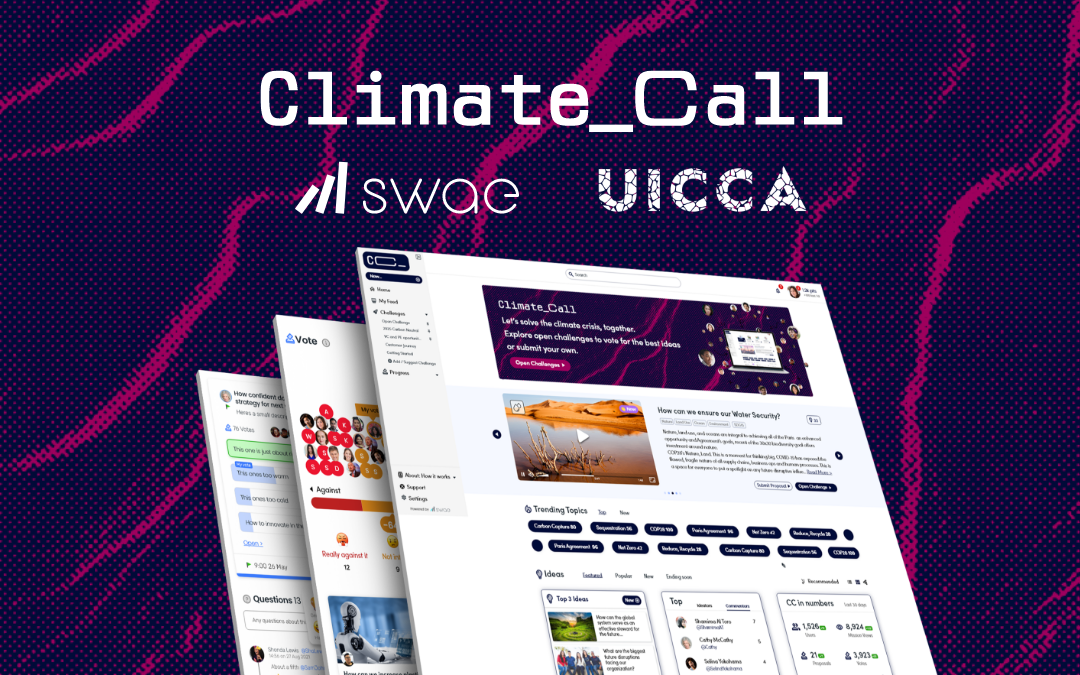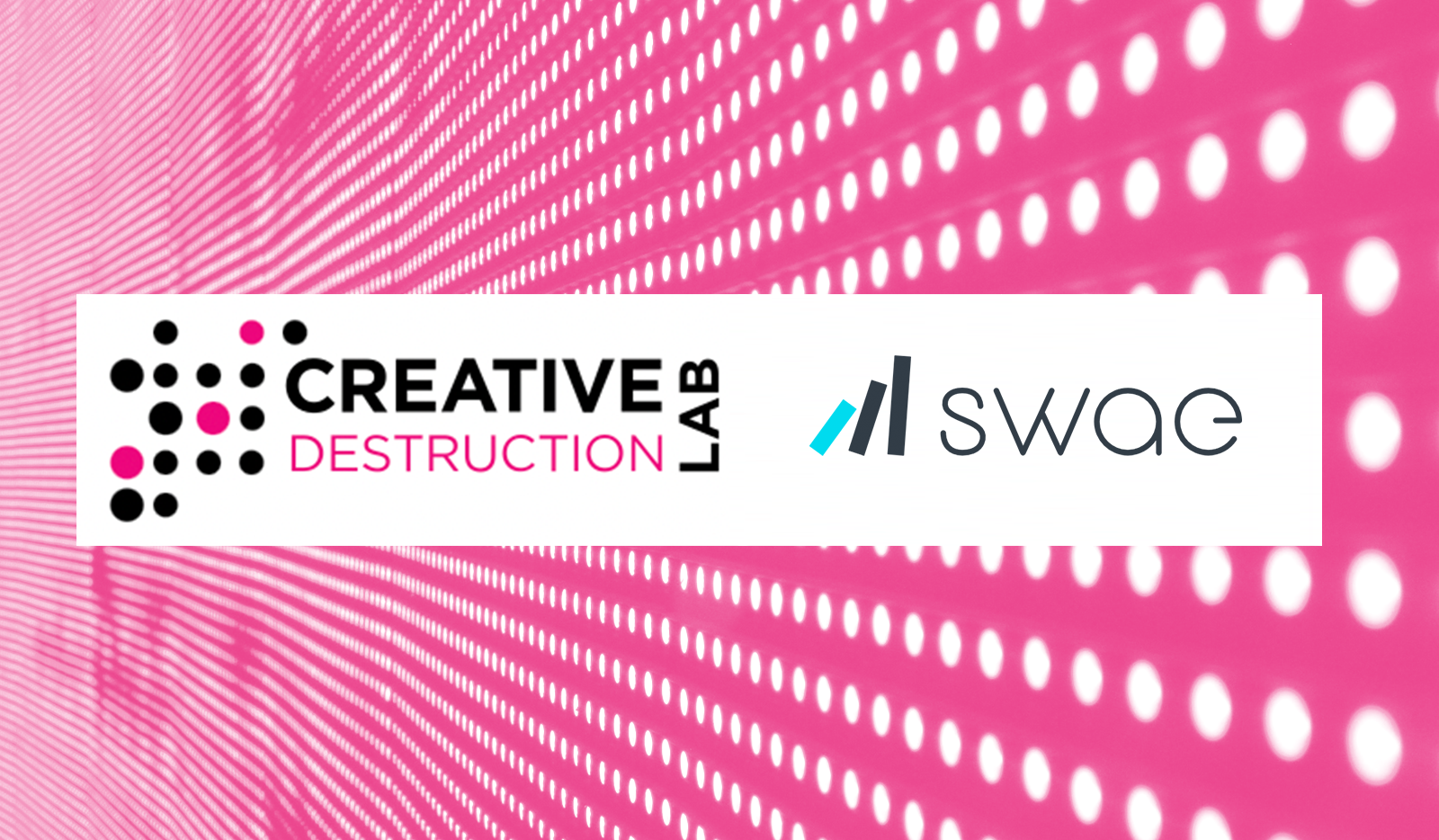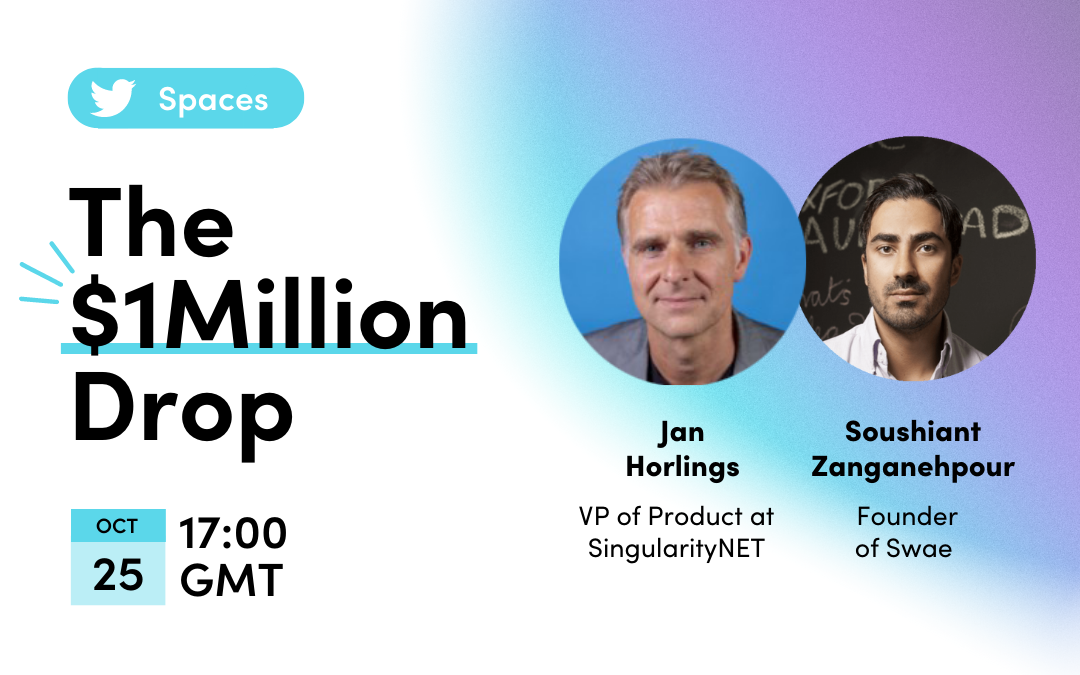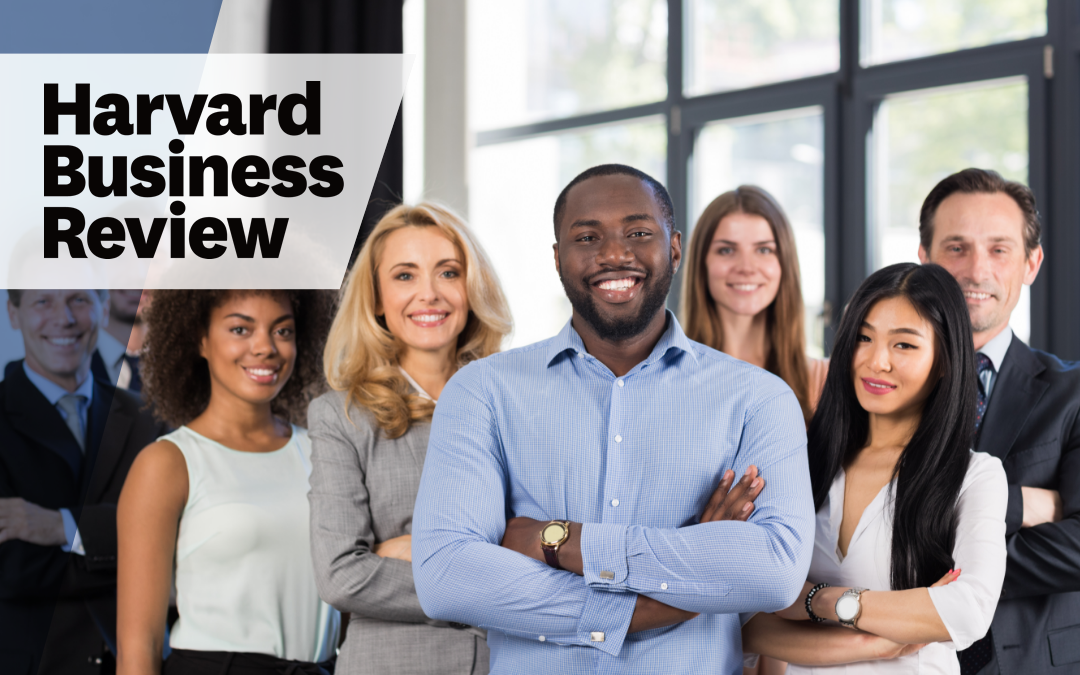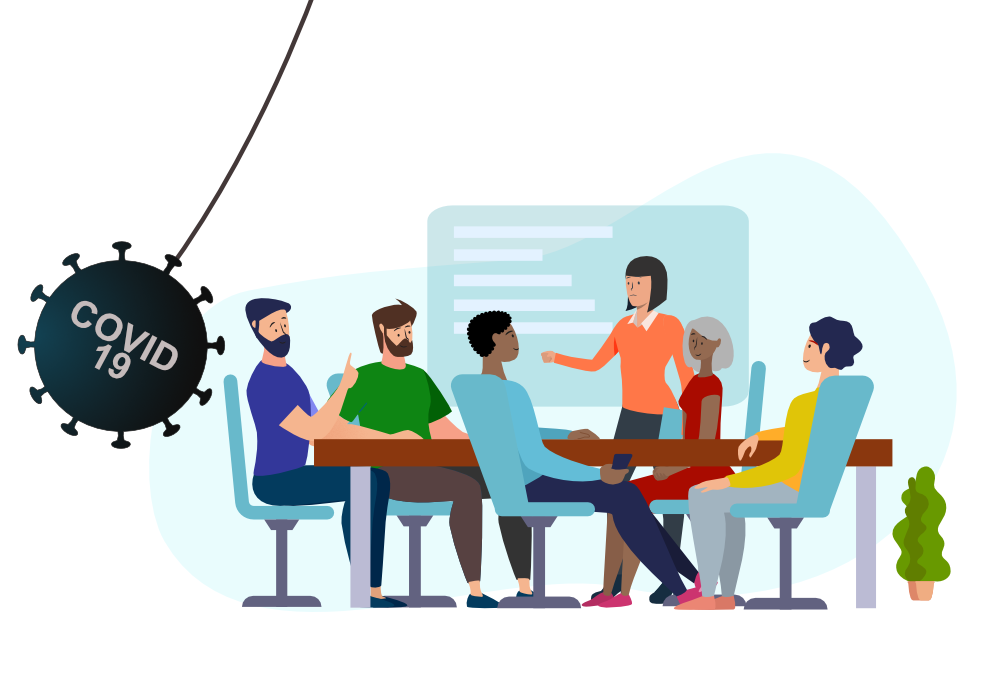
A Digital-First Mindset is Now Required
Organizations Must Adapt to the Need for Remote Decision-Making and Holding Annual General Meetings During and After the COVID-19 Crisis
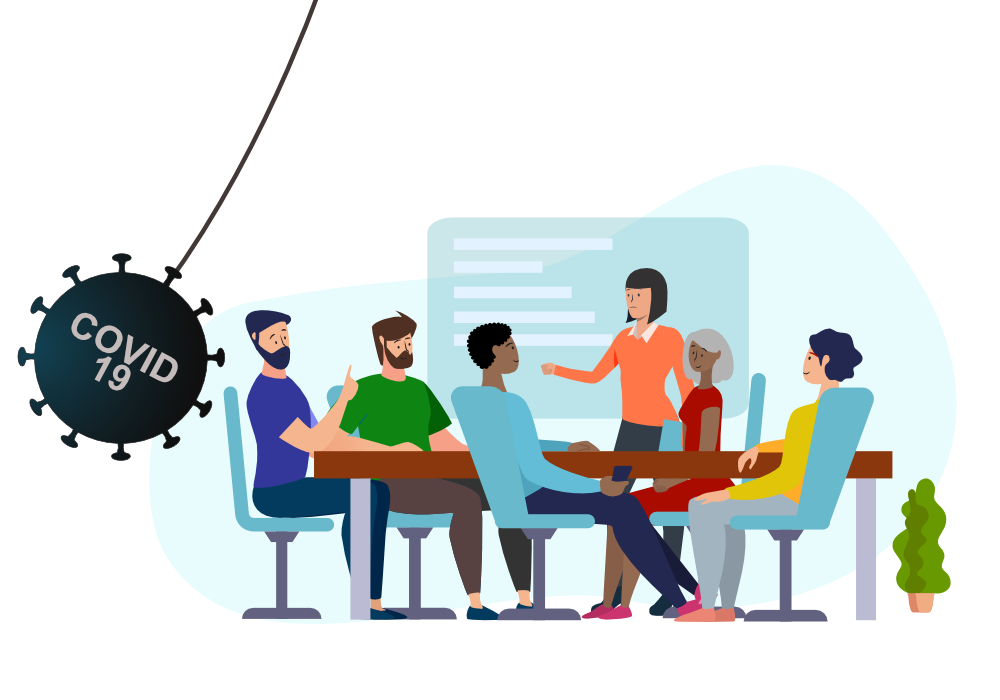
How do we make this 100% virtual and safe for our shareholders?
How do we meet our legal obligation to ensure we’re compliant of bylaws?
How can we make this digital transition as painless as possible and ensure we can trust the platform that we choose?
How do we make this 100% inclusive and accessible if it’s online?
How do we do this quickly and without a large investment?
Leadership is now required to change their approach to the digital frontier, and now more than ever people need the right tools, platforms, and safe environments to make high-quality collective decisions about many things that remain uncertain.
Due to the growing travel concerns and social distancing requirements in place for most of the globe, physical in-person meetings for AGMs cannot happen. Regulating authorities have issued guidelines and measures to deal with the COVID-19 crisis and now companies must seek the right technologies to address these concerns.
THE ANSWER: DIGITAL ANNUAL GENERAL MEETINGS (AGMs)
Swae’s team has responded quickly to this need by creating a Digital Annual General Meetings (AGMs) product that provides a safe, secure, accurate, and transparent environment allowing every critical shareholder to attend.
The major advantages of holding a virtual AGM:
- Every shareholder gets a voice in a safe and secure environment
- Companies can say goodbye to paper
- The transparent nature of the digital AGM allows for a more inclusive meeting and more stakeholders to have a voice
- Allows for an online voting system with data received in real-time
- During a time of any crisis, all persons involved can participate from the safety of their own homes
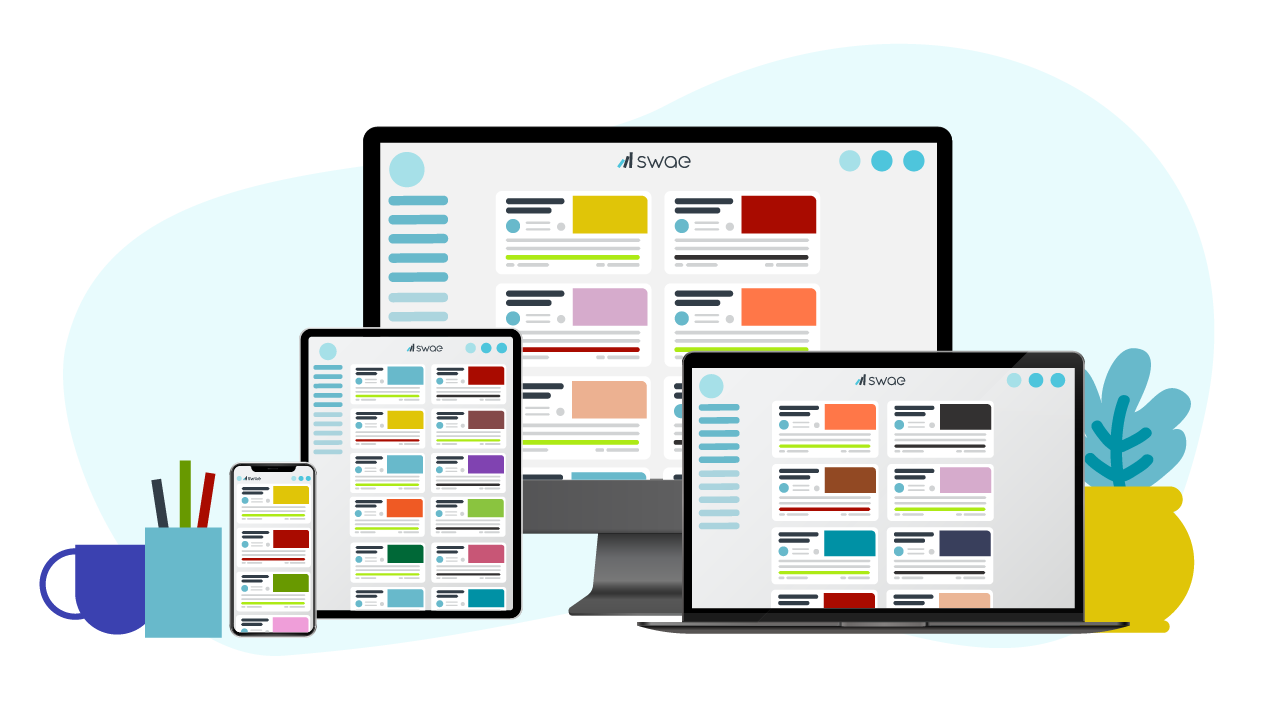
COMING YOUR WAY MAY 2020
Launching Swae for Digital Annual General Meetings
Thankfully, virtual meetings have been increasing in popularity and growing numbers of companies and organizations have adopted this online-only or online-hybrid method of communicating with their stakeholders or shareholders.
In recent years, high-profile companies such as Comcast, Intel, Starbucks, Paypal, and Hewlett Packard having held virtual-only AGMs. Even Lululemon (NASDAQ: LULU), a Delaware company based in Vancouver, conducted its AGM completely virtually, leading to local media coverage and a debate over the use of virtual AGMs.
Given the time we live in, we expect to see similar acceptance of the online forum among most Canadian companies and organizations.
Making the switch after years of traditional annual meetings doesn’t need to be stress-inducing, but involves a change of mindset, adoption of new technologies and processes.
Making the switch with Swae’s new digital AGM product can make it easier than one would imagine.
BE THE FIRST TO BE NOTIFIED WHEN SWAE’S DIGITAL AGM PRODUCT IS AVAILABLE!
(AVAILABLE MAY 2020)
